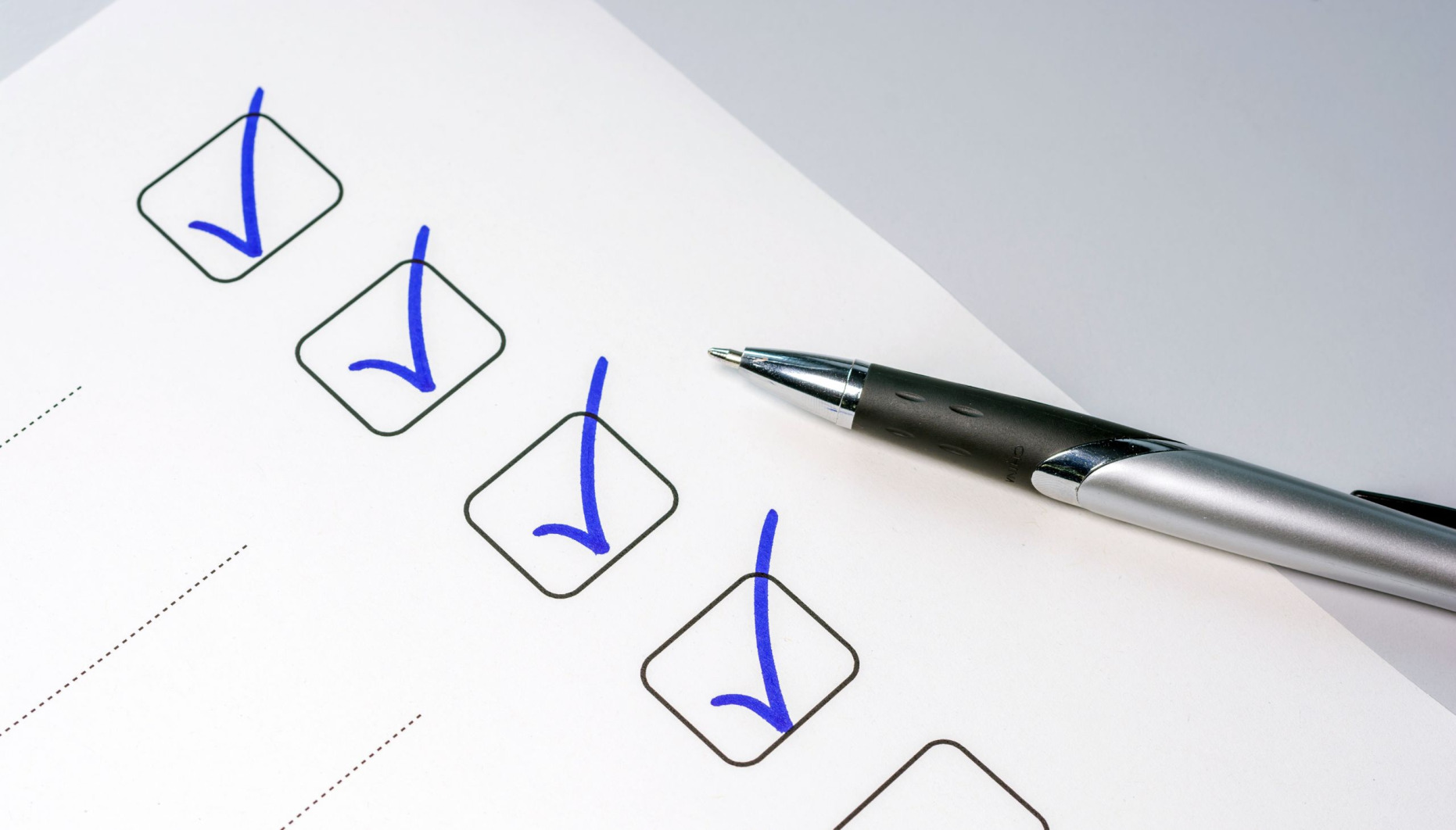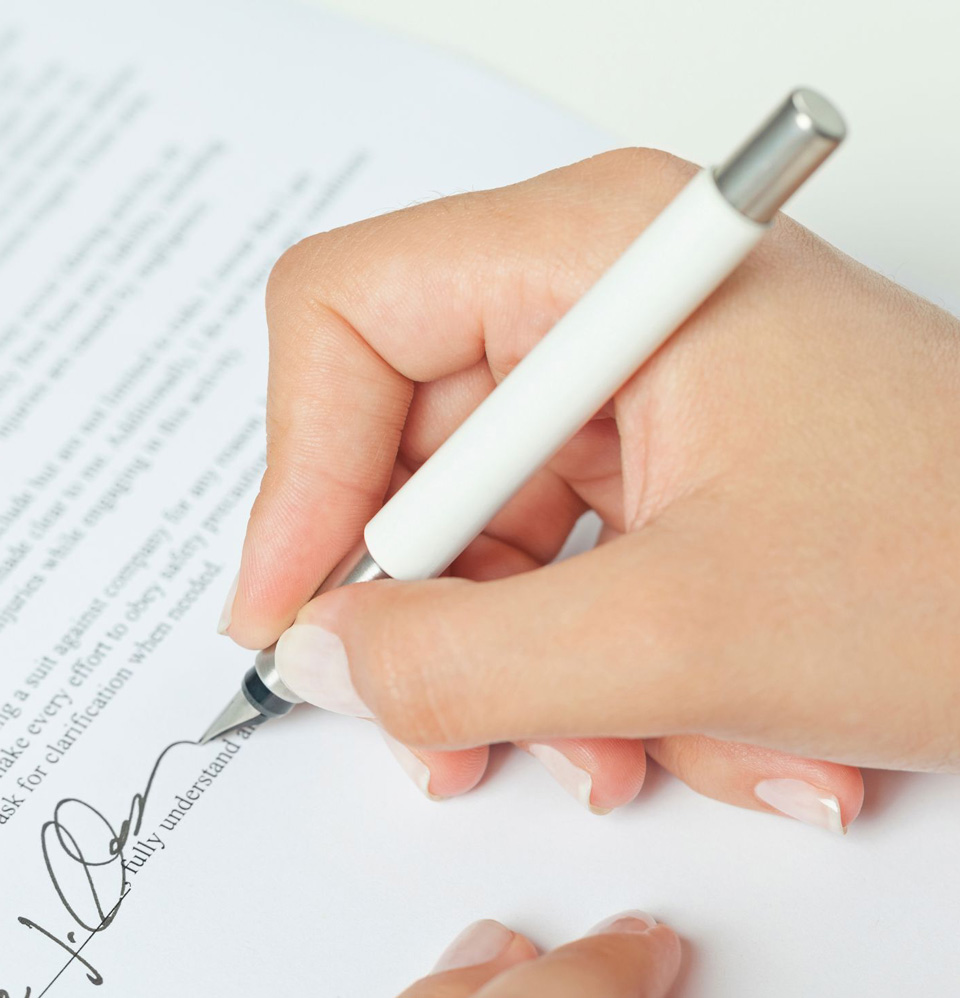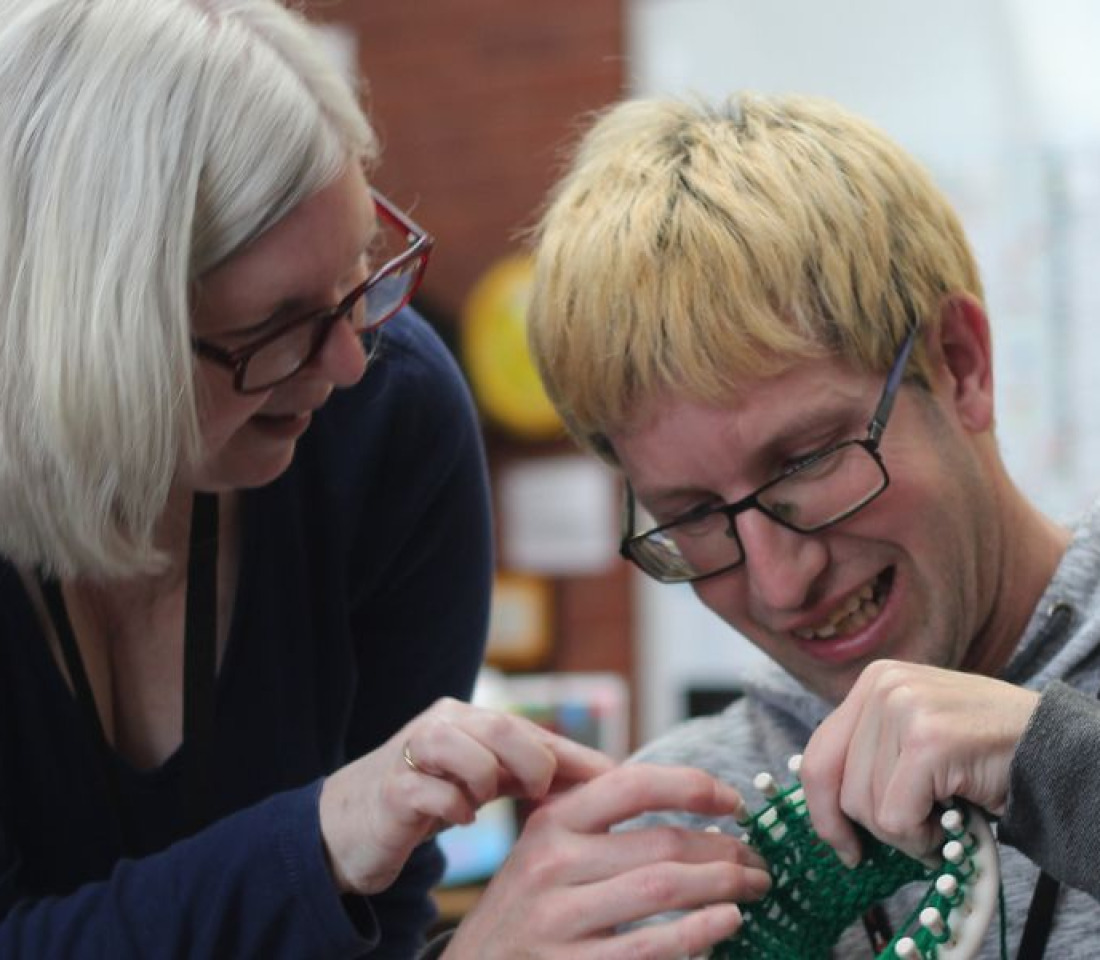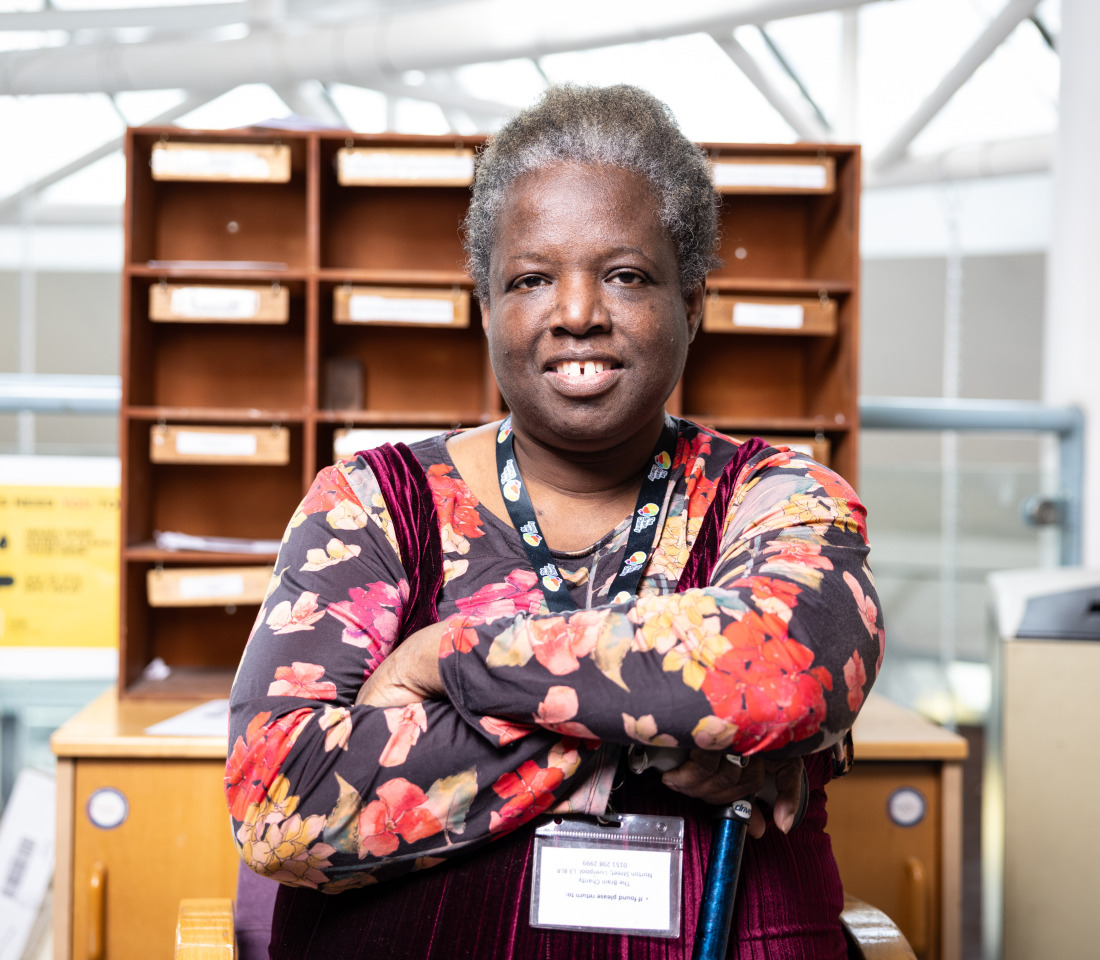
Free Wills Month 2025: Your will writing checklist
A guest blog by Percy Hughes & Roberts Solicitors
October is Free Wills Month, an annual campaign to raise awareness of the importance of writing your will.
One of the barriers for many people when it comes to writing a will is not knowing where to start, or what to include.
To help supporters of The Brain Charity, Percy Hughes & Roberts Solicitors have shared an informative guest blog to answer your frequently asked questions. The blog serves as a will writing checklist, taking you through each step of what to consider when it comes to preparing your will.
We want to thank Percy Hughes & Roberts, who have chosen The Brain Charity as the Charity of the Year for 2025, for their ongoing support and for sharing their expertise.
The preparation of a will can be a daunting task; however, it is an essential step in end-of-life planning and a means to protect and distribute your assets upon your passing in accordance with your wishes. The following guide answers some of the most common will writing queries and de-bunks the various myths that surround this process.
What assets are included within my will?
A starting point when considering making a will is to prepare a detailed list of your assets. Not only will this lower the risk of assets being overlooked or omitted, it can be a useful document to store alongside your will to assist your executor in locating your assets and knowing which institutions to liaise with when the time comes.
Oftentimes, the focus in will writing is on the larger assets, such as property and bank accounts. However, wills are a lot more far-reaching and cover personal possessions, like vehicles and jewellery, as well as digital assets.
It is necessary to consider what assets do not fall within the scope of your will. For example, death in service payments typically pay directly to the beneficiary you have nominated, as opposed to passing in accordance with the provisions of your will. This is similar to life insurance policies that are written in trust.
Who can I appoint as my executor?
Your executor is responsible for matters such as collecting in your assets, paying your liabilities, closing your bank accounts and carrying out your will. A widespread myth surrounding will writing is that your executor cannot benefit under your will. However, it is more common than not for your executors to benefit from your estate. Trusted family members are often chosen to take up this position, but it needs to be borne in mind that they may have to deal with complex financial and legal matters.

It is not obligatory to appoint a family member or friend to be your executor. You can appoint a professional executor, for example a solicitor or accountant. This can help to lessen the burden on your loved ones, as well as providing a neutral party.
There is no limit to the number of executors you can name within your will. However, only four executors can act at any one time, even if you have named five or six. It is advisable to appoint multiple executors to future proof your will. You can appoint executors jointly or alternatively you can appoint a replacement executor to step in if your original executor is unable or unwilling to act or if they have passed away before you.
Another myth surrounding executors is that they have discretion when it comes to the distribution of your assets. Executors are bound to follow the terms of your will and have strict duties they must comply with, such as maximising the value of your estate.
Who can inherit under my will?
It is entirely at the discretion of the person making the will as to who they wish to benefit from their assets, and it is not a decision for third parties to exert their influence over. Before making your will, you need to consider who you wish to inherit, whether this be named individuals, classes of people (for example ‘my grandchildren’) or organisations such as charities.
Your will should make it clear who you would wish to inherit your assets to prevent any disputes. It can be useful to consider preparing a letter of wishes to be stored alongside your will which provides you with a useful opportunity to set out the reasons behind some of your decisions.
Similar to the appointment of executors, you should consider naming replacement beneficiaries in your will. These people would inherit if your original named beneficiary passed away before you.
Can I appoint a guardian under my will?
If you have children under the age of 18, you should consider whether to include a guardianship appointment in your will. This can provide peace of mind knowing that your children will be cared for upon your passing by a trusted individual.
You can provide guidance to the prospective guardian by way of a letter of wishes, directing on matters such as your child’s upbringing and religious beliefs.
A misconception surrounding guardian appointments is that a will can override parental responsibility. This is incorrect as such a provision generally takes effect only if there is no surviving person with parental responsibility over the child.
Can I mention my pets within my will?
You may wish to consider making provision for your pets within your will. Not only can you set out who you would wish to take care of your pets, you can leave a monetary sum alongside the pets to cover expenses such as veterinary bills.
Do I need to set out my funeral wishes within my will?
By including your funeral wishes within your will, this can provide guidance to your family and friends at an already emotional time. Whilst funeral wishes are not legally binding, they can assist in the decision-making process and provide your loved ones with the opportunity to honour your wishes.
How should I make my will valid?
It is essential for your will to be validly executed and there are various legal requirements to be fulfilled to ensure that your will is legally binding.
Your will must be signed in the presence of two independent witnesses who are over the age of 18. Independent does not just mean that the person cannot be named as a beneficiary within your will, the witness also must not be married to anyone named as a beneficiary. It is best practice to ask a neutral third party such as a friend, neighbour or work colleague to act as your witness, or a professional such as a solicitor.

Once my will has been executed, do I need to do anything else?
A will should be stored in a safe and secure location, for instance a fire-proof box or safe. It is helpful to inform someone you trust or your executor as to the location of your will, but it is not obligatory to disclose the contents of the will.
How often should I review my will?
As time goes by, your circumstances will change and you will acquire and dispose of assets. It is worth reviewing your will frequently to ensure it adequately reflects your wishes, particularly following major life events such as births, deaths or marriages.
By Holly Lewtas, Trainee Solicitor
Category: News
Published: 27 October 2025














